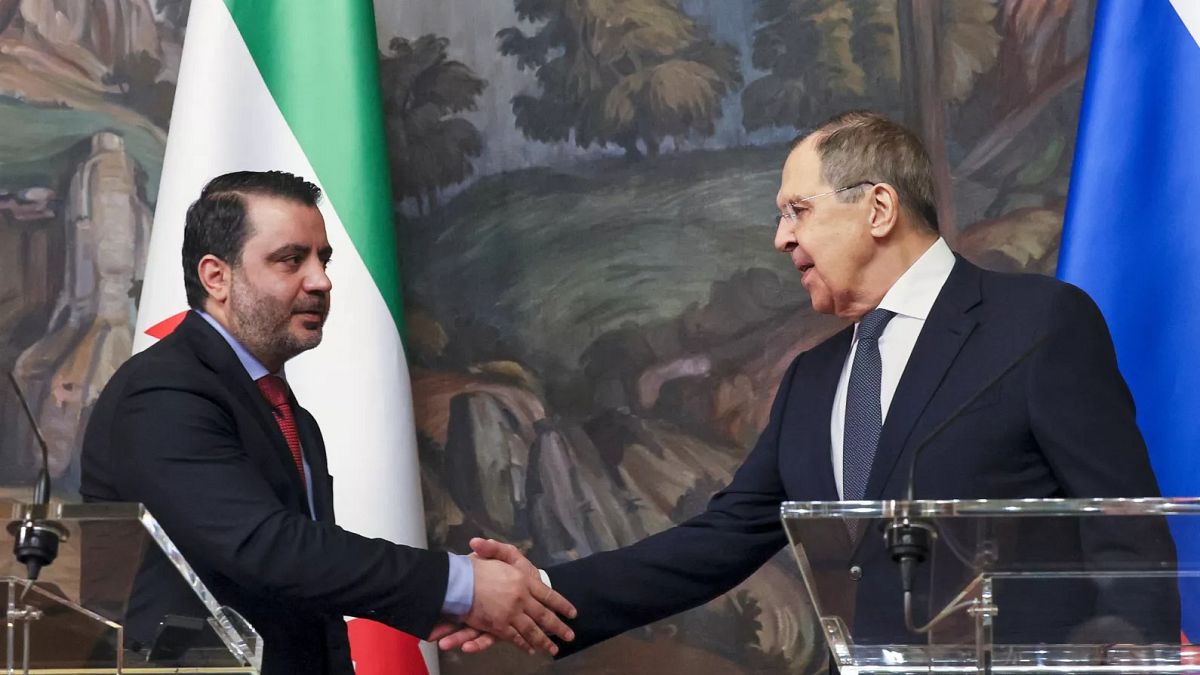

The international landscape continues to be a complex tapestry of diplomatic engagements, local tensions, and socio-political challenges. From diplomatic gestures in Moscow to local disturbances in the West Bank, recent events invite a deep reflection on the interactions shaping today’s world.
In a significant diplomatic move, Syria expressed a vested interest in maintaining close relations with Russia. Despite a rocky history marked by a civil war where the two nations found themselves on opposing sides, Syria’s interim leadership, helmed by President Ahmed al-Sharra, seems to be embracing a pragmatic approach. During a recent visit to Moscow, Foreign Minister Asaad al-Shibani emphasized the value of Russia’s support, suggesting a shared vision for regional stability. This alignment illustrates a potential recalibration of Syria’s foreign policy priorities, albeit within a historically tense context.
Meanwhile, in the realm of geopolitics and personal diplomacy, criticism arises from the Russian opposition. Vladimir Kara-Murza, a noted activist and former political prisoner, has warned of Western leaders’ past engagements with Russian President Vladimir Putin. Kara-Murza argues that such interactions have unwittingly allowed an erosion of democratic principles within Russia. He specifically highlighted former U.S. President Trump’s response to Putin’s overtures, cautioning against succumbing to diplomatic flattery which may compromise broader democratic ideals.
The reverberations of geopolitical strategies were starkly seen in Kyiv, where a combined missile and drone assault by Russian forces resulted in significant casualties. This tragic incident, claiming the lives of six individuals, including a young child, underscores the ongoing volatility and hardships faced by Ukrainian citizens. Ukrainian officials have reported these events with a somber determination to persist in their efforts for peace amidst ongoing conflict.
In the occupied West Bank, local tensions manifested in the release of Israeli settler Yinon Levi, following a controversial incident resulting in the death of Palestinian activist Awdah Hathaleen. Hathaleen’s untimely passing, amid what was described as an altercation involving settlers and residents of the village, has drawn international attention. While Levi was placed under house arrest, the authorities’ decision to withhold Hathaleen’s body remains a poignant symbol of unresolved tensions in the region.
Further afield, the United States is witnessing a different kind of negotiation, as former President Trump issues a stern warning to pharmaceutical companies concerning drug pricing. Evoking the pressing economic burden on American families, Trump has demanded that drug prices in the U.S. align with those in other developed countries. The declaration points to a broader discussion on healthcare affordability and the role of governmental oversight in regulating industry practices.
Each of these narratives, distinct yet interconnected, weaves a larger picture of a world in flux. Diplomacy, as seen between Syria and Russia, often finds parallels and challenges in local dynamics, as exemplified in the West Bank’s ongoing strife. These events compel thoughtful consideration of international relations and domestic policies, urging a nuanced understanding necessary for an informed and empathetic global society.
Source: {link}
